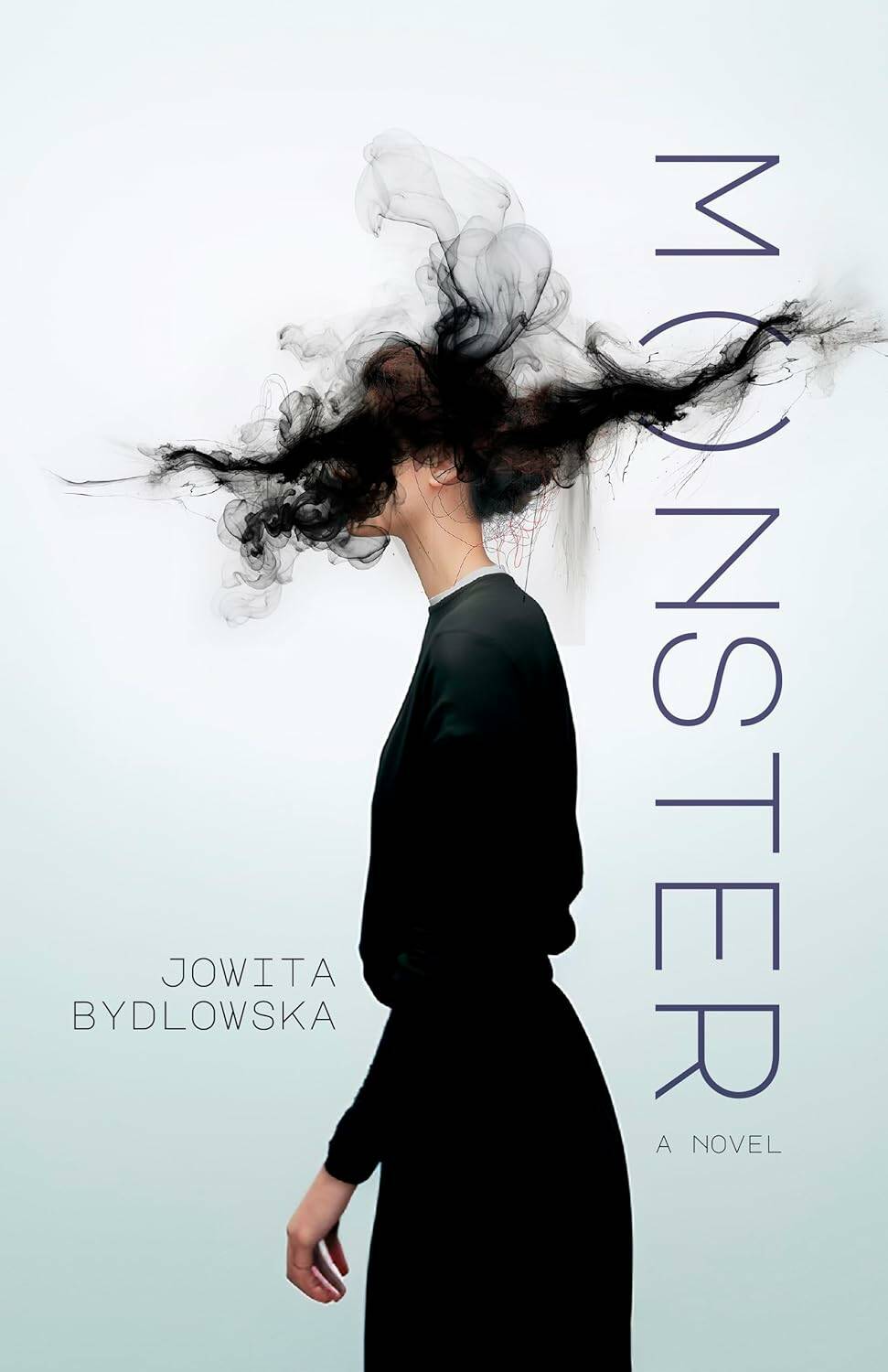One of the great joys for many readers is offering book recommendations to friends and family and finding the next enthralling read to suggest to the neighbourhood book club. by Jowita Bydlowska is unlikely to find itself at the top of many of these lists, especially among those inclined to clutch their pearls around the coffee table. Yet that doesn’t make the novel any less of a worthwhile, compelling and at times beautifully written story.
Read this article for free: Already have an account? To continue reading, please subscribe: * One of the great joys for many readers is offering book recommendations to friends and family and finding the next enthralling read to suggest to the neighbourhood book club. by Jowita Bydlowska is unlikely to find itself at the top of many of these lists, especially among those inclined to clutch their pearls around the coffee table. Yet that doesn’t make the novel any less of a worthwhile, compelling and at times beautifully written story.

Read unlimited articles for free today: Already have an account? One of the great joys for many readers is offering book recommendations to friends and family and finding the next enthralling read to suggest to the neighbourhood book club. by Jowita Bydlowska is unlikely to find itself at the top of many of these lists, especially among those inclined to clutch their pearls around the coffee table. Yet that doesn’t make the novel any less of a worthwhile, compelling and at times beautifully written story.
Within its 256 pages is a searingly honest exploration of themes of toxic sex and sexuality, gaslighting, power imbalances, eating disorders, domestic violence, addiction and mental illness and the ways in which they coalesce around parenting, relationships, housing insecurity and a deep-rooted loneliness and alienation that comes from being uprooted. This latest book from the Warsaw-born, Toronto-based bestselling memoirist of is labelled a work of “autofiction,” a form of fictionalized autobiography combining elements of fact and fiction. Meaning, the story follows some of the author’s experiences but is told through a made-up Polish protagonist named Yoveeta.
Monster Yoveeta is embroiled in a dysfunctional, toxic relationship with her husband and serial philanderer, Voytek, with whom she shares a daughter named Ruby. Like many of Voytek’s lovers, Yoveeta was once his student when they began their affair and he was still married to his first wife. Their relationship evolved into cohabitation after Yoveeta got pregnant, but soon devolved into a series of abuses, gaslighting, exploitation and a lot of sex.
As a young, isolated mother, Yoveeta is attempting to come to terms with a new identity and responsibility while coping with unmet emotional needs and a bottomless “sense of loss (that) is ever present.” She tries to ignore the signs that her husband is gaslighting her about the cause of his frequent absences by practicing gratitude “for having a person in my life who knew me better than I knew myself, who knew how to protect me from my own mind.” Voytek, a seemingly highbrow writer also of Polish descent, is a professor who jokes about the kind of women who are “closing up their vaginas and in exchange receiving a discount on their first pair of Birkenstocks” and sees no problem having sex with his students, so long as it happens after he’s graded their papers.
Yoveeta stays with Voytek not only for her daughter, but for reasons even more compelling: “I wish I had the strength on my own but women never leave, not even when their lives are in danger, or especially when their lives are in danger. Because what if he changes?” Weekly A weekly look at what’s happening in Winnipeg’s arts and entertainment scene. As the toxic relationship with Voytek disintegrates, Yoveeta takes a new lover who activates her darker side that she calls Monster, filling her up with an unquenchable desire for rage-fuelled sex and revenge.
Things unravel as Voytek threatens to displace Yoveeta and remove her from her home. Meanwhile, she discovers an increasingly dangerous intrigue with serial killers, and her lust for violence grows. At times gratuitous, the prose also delivers gut-wrenching truths that makes flinching inevitable: “My father hit me in the face and my mother called me fat.
I starved my body to prove her wrong but I let men violate me to prove him right.” is a genre-busting work that takes a sledgehammer to the patriarchy while stretching boundaries into a world of toxic femininity. Rochelle Squires is an avid book reader who traded her government briefing binders for novels and can be found at home reading from her growing to-be-read pile.
Rochelle Squires is a recovering politician after serving 71⁄2 years in the Manitoba legislature. She is a political and social commentator whose column appears Tuesdays. Our newsroom depends on a growing audience of readers to power our journalism.
If you are not a paid reader, please consider . Our newsroom depends on its audience of readers to power our journalism. Thank you for your support.
By Jowita Bydlowska Anvil Press, 256 pages, $22 Rochelle Squires is a recovering politician after serving 71⁄2 years in the Manitoba legislature. She is a political and social commentator whose column appears Tuesdays. Our newsroom depends on a growing audience of readers to power our journalism.
If you are not a paid reader, please consider . Our newsroom depends on its audience of readers to power our journalism. Thank you for your support.
Advertisement Advertisement.




















